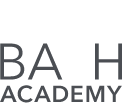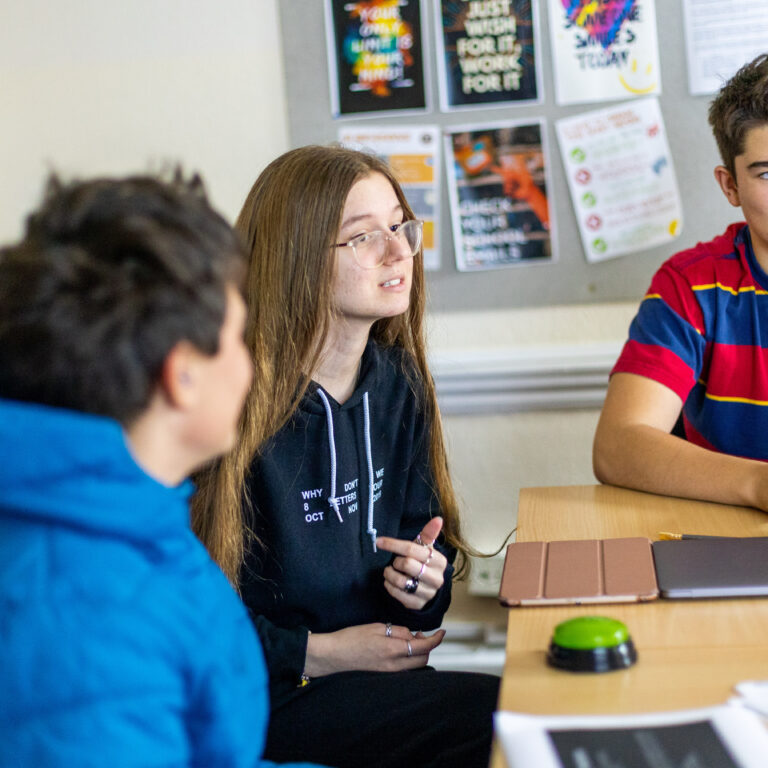GCSE Subjects
Art & Design
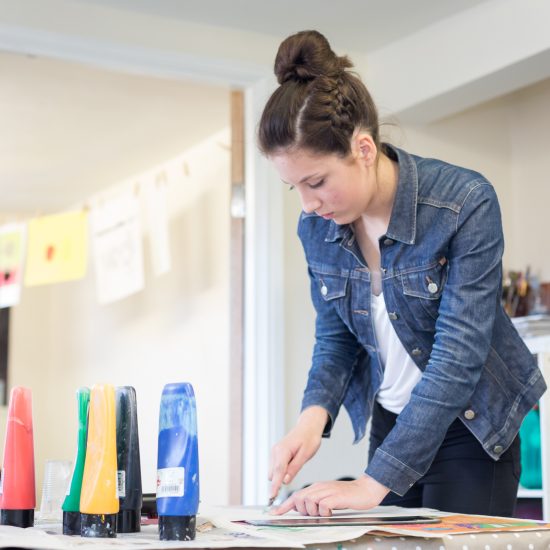
Art & Design
Art & Design AQA
The Course
The Art & Design GCSE is a practical course which focuses on a student’s individual artistic development. Students will explore a wide range of materials and media, including printmaking, painting, drawing and textiles. Throughout the course they will investigate different artists and movements, building their visual skills and contextual knowledge. As the course progresses, students work towards becoming more confident in taking initiative for self-directed artistic practice.
Biology
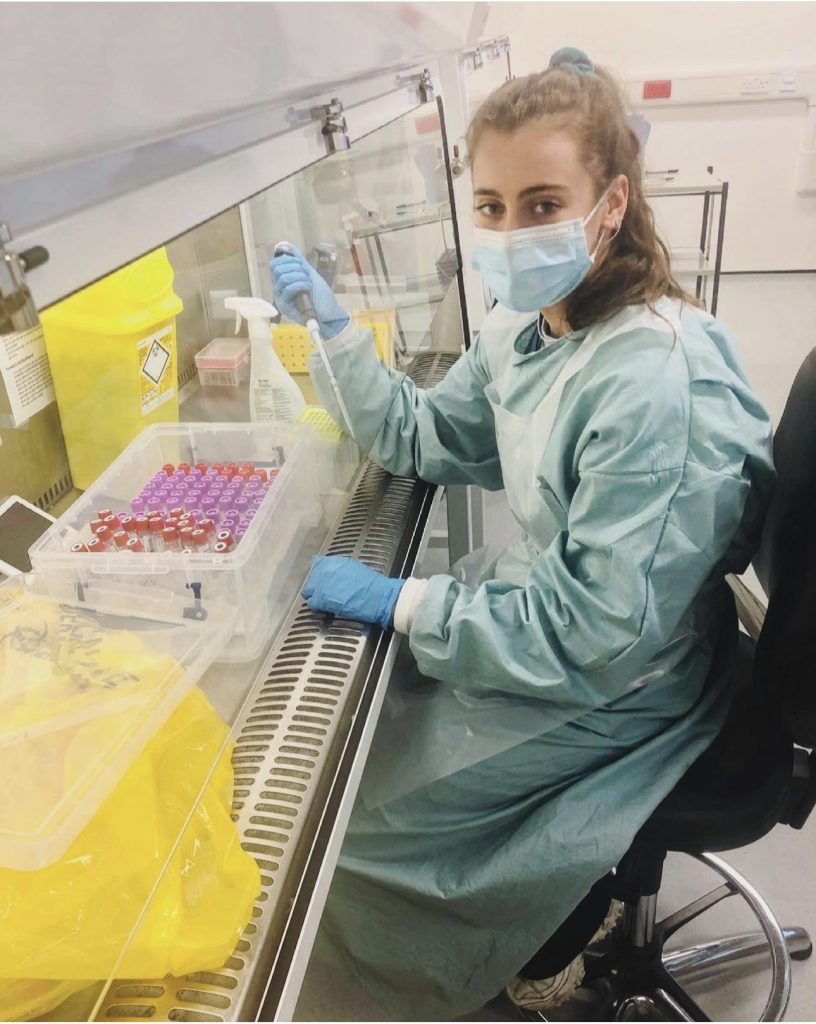
Biology
Biology- Edexcel 4BI1
The Course
Biology IGCSE aims to give students knowledge and understanding of biological facts, concepts and principles. They will develop an appreciation of the importance of accurate experimental work in scientific method and reporting as well as forming hypotheses and designing experiments to test them. Students will develop an enjoyment and an interest in the study of living organisms.
Business
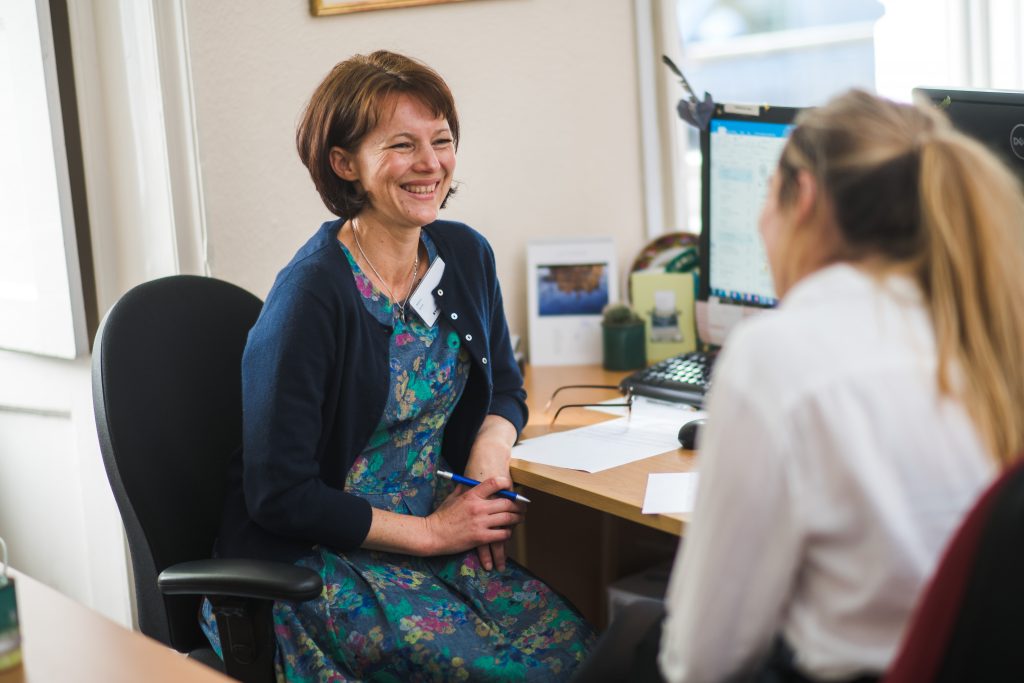
Business
GCSE Business Course – AQA
The Course
The new specification will give you the opportunity to explore real business issues and how businesses work. The clear and straightforward structure supports teaching and learning. You will consider the practical application of business concepts and explore theories in the most relevant way, through the context of events in the business and economic world.
The GCSE Business course should encourage candidates to actively engage in the study of business to develop as effective and independent learners and as critical and reflective thinkers with enquiring minds. Use an enquiring, critical approach to distinguish between fact and opinion, build arguments and make informed judgments. Develop and apply their knowledge, understanding and skills to contemporary issues in a range of local, national and global contexts.
Appreciate the range of perspectives of different stakeholders in relation to business and economic activities. Consider the extent to which business and economic activity can be ethical and sustainable.
Chemistry

Chemistry
Chemistry: Edexcel (4CH1)
The Course
Chemistry is the basis of everything. All matter is made up of atoms or molecules and the arrangement of these gives materials their chemical properties. Studying this course will help students to understand why certain processes do or don’t happen and how we can change factors to make reactions happen at different speeds or under different conditions. During this course, students will also develop their practical skills as well as learning how to express the data they collect in an appropriate fashion using graphs and tables. We are firmly committed to the teaching of separate sciences at this level, and have elected to follow IGCSE (as opposed to GCSE) as we believe it is intellectually more challenging, and gives a more accurate indication of the nature of the subject at AS /A level for students who want to want to continue to study the subject post-16.
Computer Science
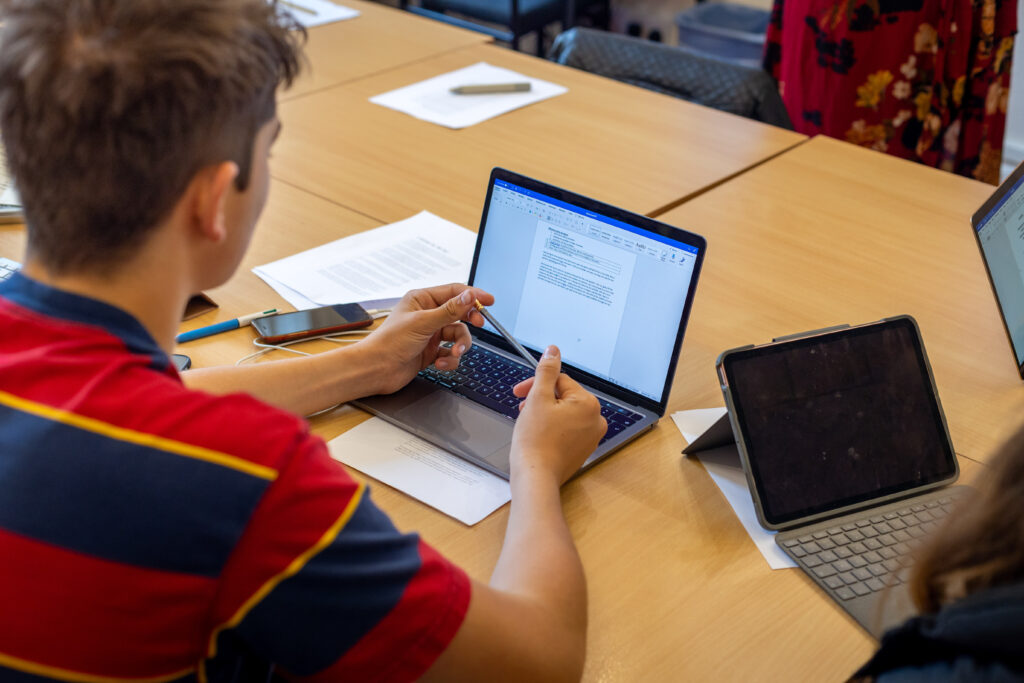
Computer Science
Computer Science – AQA
This course is designed to give students a solid foundation in the principles of computing, problem-solving, and programming. The course develops logical thinking, analytical skills, and creativity, making it ideal for students interested in how technology works and how to create digital solutions.
Why Choose Computer Science?
This subject is highly relevant in today’s digital world, opening pathways into further study or careers in software development, data science, cybersecurity, artificial intelligence, and more. It encourages problem-solving, resilience, and innovation—key skills for any future career.
English Language
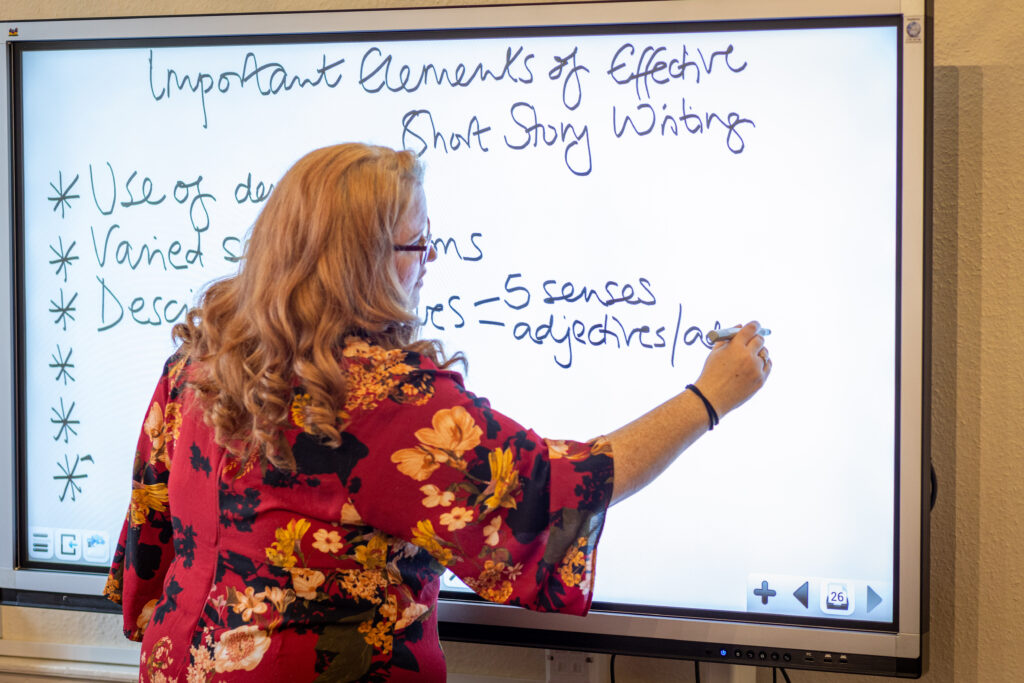
English Language
English Language GCSE- Edexcel
The Course
English language lessons are interesting, structured and varied; teaching methods involve discussions, as a whole class as well as in small groups. You can expect to produce significant amounts of writing in every lesson, which will really develop your literacy.
At the end of the year you will sit two exams focusing on one 19th century literary prose text and two non-fiction 20th and 21st century texts. You will also write one piece of original creative writing and one piece of original transactional writing. Your studies will prepare you for your exams ensuring that you feel confident and well-equipped for the examination period. Throughout the course you will read, analyse and evaluate a range of extracts from 19th century fiction as well as 20th and 21st century non-fiction. You will spend time in lessons practising a range of activities and writing tasks that will develop your approach to imaginative and transactional writing, for example speech writing, letter writing and article writing.
If you have taken Spoken Language in school and have obtained at least a pass grade, you will not need to take it again.
Module Titles
- 19th Century Fiction and Imaginative Writing
- 20th and 21st Century Non-Fiction and Transactional Writing
English Literature
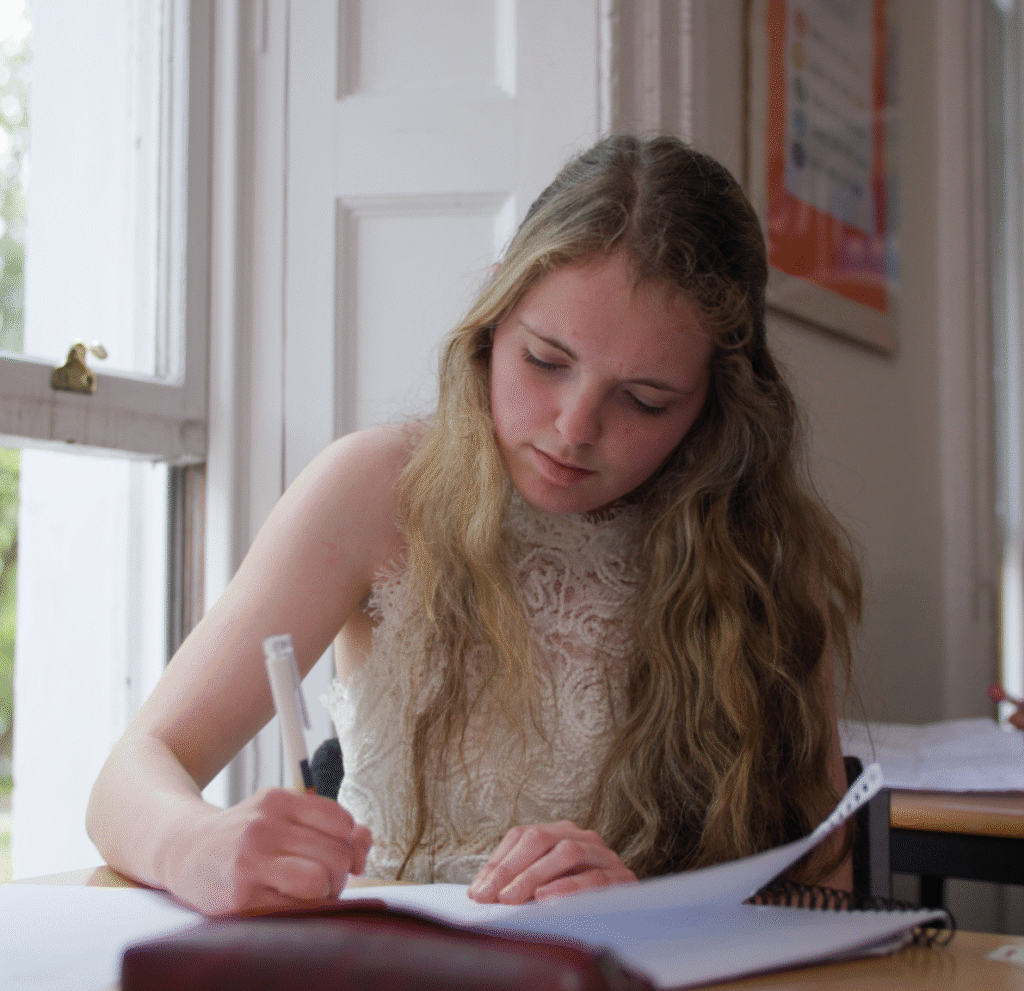
English Literature
GCSE English Literature Edexcel Exam Board- Edexcel
Subject Overview
This course is designed to immerse pupils in challenging literature from a range of times and places. Pupils will develop skills as critical readers and will learn about texts and the contexts in which they have been produced and received. It aims to foster a love of reading and an understanding of the significant role that literature plays in both responding to, and shaping, societies and cultures.
Course Content In English Literature
Pupils will study:
A collection of poetry from the set anthology
One literary fiction prose text from the 19th century (novel)
One modern drama text (play)
One Shakespeare play
English as a Second Language
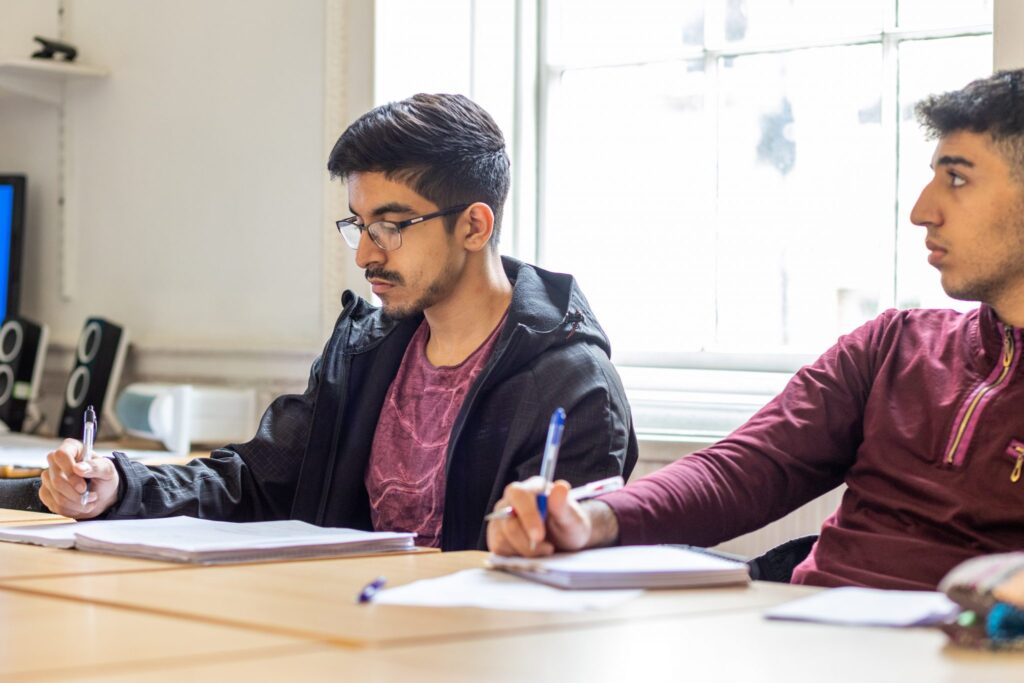
English as a Second Language
English as a Second Language – Edexcel (4ES1)
The Course
The course covers three key skill areas: Reading, Writing and Listening.
Reading: Students will develop and practise a number of important skills including skimming and scanning, reading for gist, reading for detail, and following a line of argument and identifying the author’s attitudes and opinions within a text. Students on this course will study a number of interesting, mostly non-fiction, texts that cover a wide range of topics.
Writing: Students will develop and practise their ability to write clear and relevant texts in English in differing contexts that require a range of styles depending on the audience. Students will practise writing informal texts (for example, to a friend or family member) and semi-formal texts (for example, a magazine article or a school report), as well writing summaries of longer, semi-formal or formal texts. As with the reading, the writing section of this course covers a broad range of topics.
Listening: Students will develop and practise their ability to understand a wide range of recorded material. The skills practised include listening for detailed information, following a discussion or line of argument, identifying the speaker’s opinions and attitudes from a text (stated and implied), and picking out relevant information from longer texts and discussions. The texts studied in this section of the course cover a wide range of interesting subject material.
Environmental Science (Natural History)

Environmental Science (Natural History)
Natural History – OCR
This GCSE is a wonderful opportunity for young people everywhere – from urban to rural environments – to study and connect with wildlife and the natural world.
The Natural History GCSE focuses on understanding the natural world in all its richness and diversity. Through observational study and investigation, natural history seeks to understand the complexities and interconnectedness of life on Earth in contrasting habitats.
Currently only available as a two year course, combined with both coursework and an exam.
Why study Natural History?
Natural history offers a unique opportunity to observe and engage with the natural world to develop a deeper understanding of the flora and fauna (life on Earth) within it. It is a study of how the natural world has been shaped and has evolved as well as how humans (as part of that natural world) influence, conserve and protect it. It is vital that we continue to develop our understanding of the natural world in order to safeguard the future.
To fully appreciate the complexities of the natural world it is important to study it closely and interact with it through field research and measurement. Natural history provides opportunities to develop skills out in the field as well as in a classroom and/or laboratory. Studying natural history makes an important contribution to understanding the relationship between the natural world and culture, policy decisions, scientific research and technology.
Study of science, geography, history and the arts at key stages 3 and 4 provides a variety of complementary skills and knowledge which support the study of Natural history. This subject supports the development of unique skills and knowledge which give a sharper focus and depth to the complexities of the natural world. The progression pathway for this subject at key stage 5 and beyond could be scientific, geographical, environmental, ecological or natural history itself
French
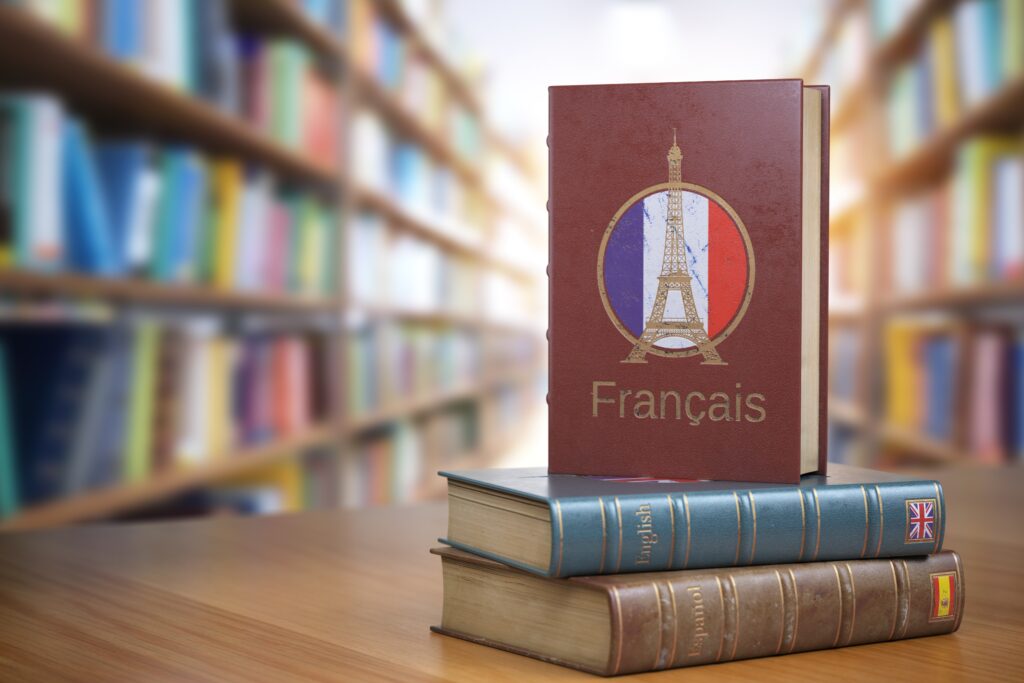
French
French: AQA (8658)
The Course
You may think that languages aren’t really relevant to today’s modern world; everyone speaks English, right? Wrong. We live in a multilingual global society and languages are all around us in London; they are used in so many situations whether at work, on holiday or just casually in day-to-day life. By learning a foreign language, you give yourself the chance to see the world in a different way. By taking a French course, students will not only appreciate the nature and diversity of different French speaking cultures and people, but also acquire knowledge, skills and understanding for practical use, further study and employment, as there is always a demand for people who can speak more than one language across a very wide range of careers.
The AQA GCSE course at Bath Academy allows students to develop their ability to communicate with French native speakers in both speech and writing. They will study topics relevant to their age and interests and will develop a greater awareness of French culture.
Geography
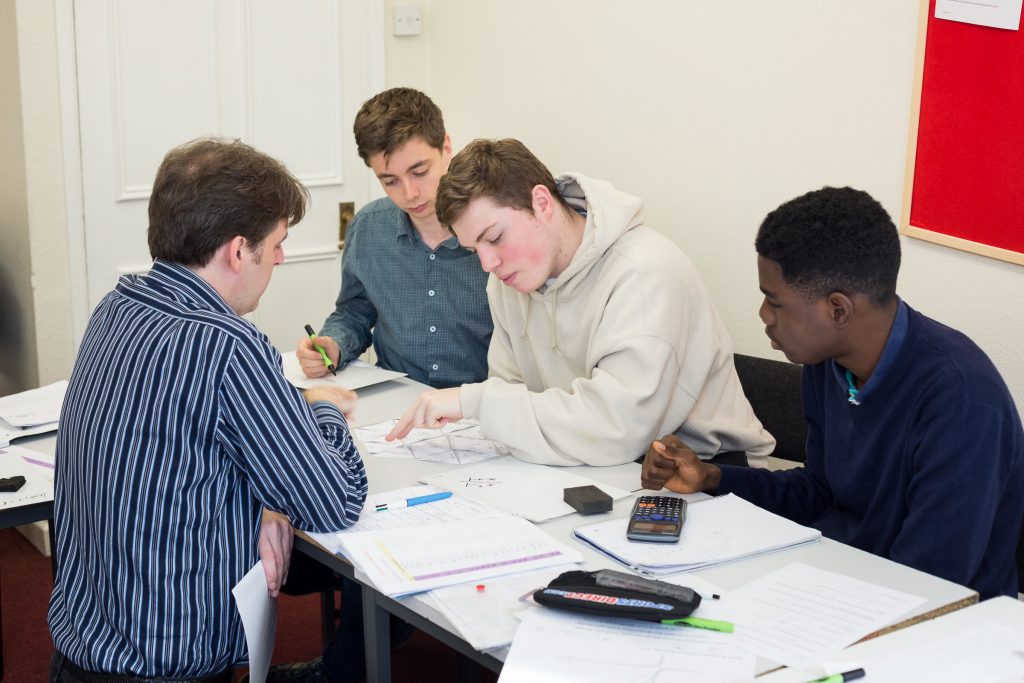
Geography
GCSE Geography – AQA
We hope to inspire students to become global citizens by exploring their place in the world and their values as well as their responsibilities to other people and to the environment. The content focuses on current issues in a complex and dynamic world.
A modern and engaging approach covers key ideas and debates such as climate change, globalisation, economic progress, urban regeneration and management of world resources. The focus of this course is an understanding of the changing nature of physical and human processes, and of how the physical/human interface needs to be managed in order to ensure human and environmental sustainability. Students will learn to appreciate the differences and similarities between people, places and cultures, leading to an improved understanding of societies and economies.
Course Content
The AQA GCSE syllabus is divided into three papers have been designed to develop an understanding of both the natural and the human environment
- Living with the physical environment
- Challenges in the human environment
- Geographical skills and applications
History

History
History- AQA
We believe in the importance of learning from history. That’s why we’ve created a programme of learning at GCSE that enables students to study different aspects of the past, so they can engage with key issues such as conflict, understand what drives change and how the past influences the present.
Course Content
We follow the AQA linear specification. Linear means that students will sit all their exams at the end of the course. GCSE History students must take assessments in both of the following papers in the same series:
Paper 1: Understanding the Modern World
Paper 2: Shaping the Nation
Japanese

Japanese
If you enjoy meeting and talking to people from other countries, finding out about their cultures and learning how language works, then studying GCSE Japanese is an excellent choice for you!
Why should I study a language?
Learning languages allows you to:
● Meet people from different countries and find out more about them
● Learn many skills which are useful in a wide range of careers, such as the ability to communicate clearly, be confident about speaking in public, use problem solving strategies and write coherently
● Add an international dimension to your choice of GCSE subjects, which is something many employers and higher education providers want
● Have greater opportunities to work and/or study abroad, or work for companies in the UK with international links
● Discuss your interests, ideas and opinions with other people who speak the language
● Learn more about countries where the language is spoken, and the people who speak it.
What do I need to know, or be able to do, before taking this course?
If you have studied Japanese before, you are well prepared to do this GCSE course, however you can also start it from scratch! If you have studied Japanese before, you already know a lot of the vocabulary and grammar you will need for GCSE: you know how to talk about yourself, your family and friends, your hobbies, where you live, school, holidays, food and drink. You will build on this knowledge during your GCSE course, and move on to new topics. If you are starting this as a new language for GCSE you can be confident in knowing that, through your previous studies in other subjects, you have already built up a lot of valuable skills which will help you to learn a new language.
What can I do after I’ve completed the course?
People with language skills and knowledge usually have an advantage over people without them. They stand out as talented and successful people, with broad and exciting horizons. Taking GCSE Japanese means you will:
● Add an extra dimension to your personal skills profile which will impress anyone who reads your CV
● Be in a stronger position to get a job in companies with international links or improve employability if you would like to work abroad
● Be able to work or study in a Japanese-speaking country in later life
● Be able to study AS and A level Japanese courses to further your knowledge of the language and culture
● Find it easier to learn other languages later if you want to.
What will I learn?
GCSE Japanese helps you explore a wide range of topics, from celebrations and festivals, through getting by as a tourist in Japan to international campaigns and events. You will learn about Japanese culture through a range of interesting topics which will add to your
understanding of the language and country.
Mathematics
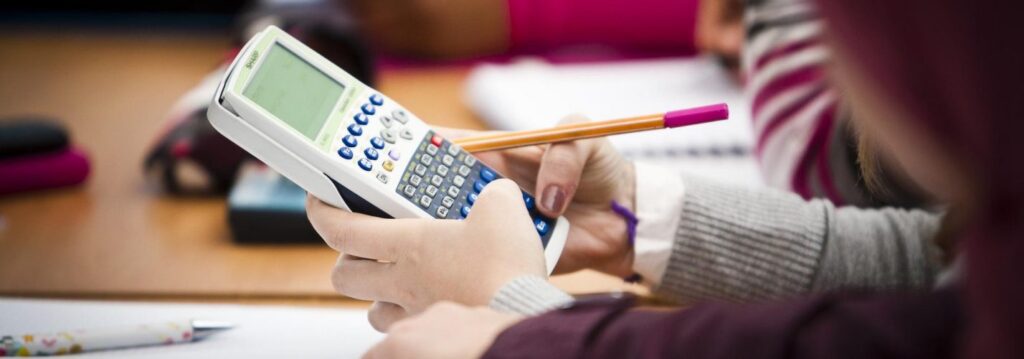
Mathematics
GCSE Mathematics Exam Board: Edexcel
GCSE Mathematics is a qualification that is required by most employers and is required for entry to further or higher education and so it is an important subject to study. The syllabus and assessment consists of Maths fit for the modern world and presented in authentic contexts. It allows students to develop mathematical independence built on a sound base of conceptual learning and understanding.
You will study:
- Number
- Algebra
- Ratio, proportion and rates of change
- Geometry and measures
- Probability
- Statistics
- Assessment
There is a choice between two levels of entry: Foundation for grades 5 to 1 and higher for grades 9 to 4. Your teacher will help you to decide which level you should enter during Year 11. There is a new grading scale that uses the numbers 1–9 to identify levels of performance (with 9 being the top level).
Examination:
The course is entirely assessed by exams. These will be at the end of the course, where you will take three written papers, two with a calculator and one non-calculator.
Key Skills
You will develop the following skills:
- Sound understanding of concept
- Fluency of procedural skill
- Competency to apply mathematical skills in a range of contexts
- Confidence in mathematical problem solving
Media Studies

Media Studies
- magazines
- advertising and marketing
- newspapers
- online, social and participatory media and video games
- radio
- music video
- newspapers
- online, social and participatory media and video games
- film (industries only)
P.E.
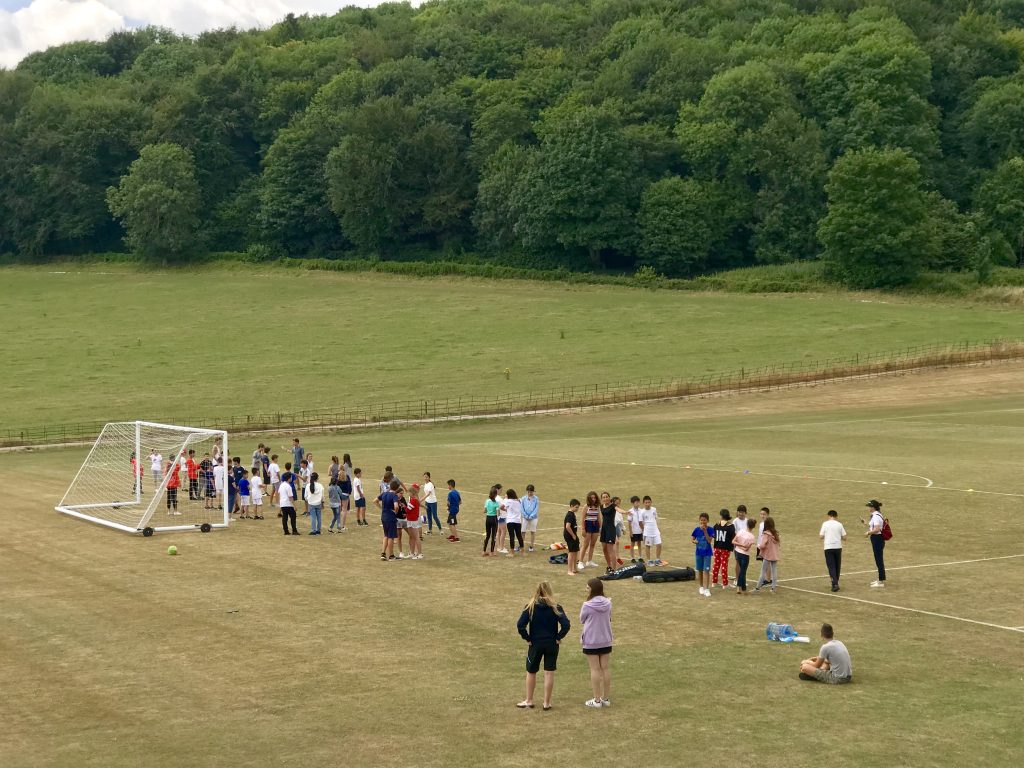
P.E.
Students of compulsory school age will participate in 2 hours of physical activity per week as part of their curriculum provision. The range of activities that are offered range from individual and teams sports through to activities that aim to promote health and wellbeing for each student. This will include bringing in activity groups, excursion activities and giving students the opportunity to explore their surroundings and the natural world.
Physics
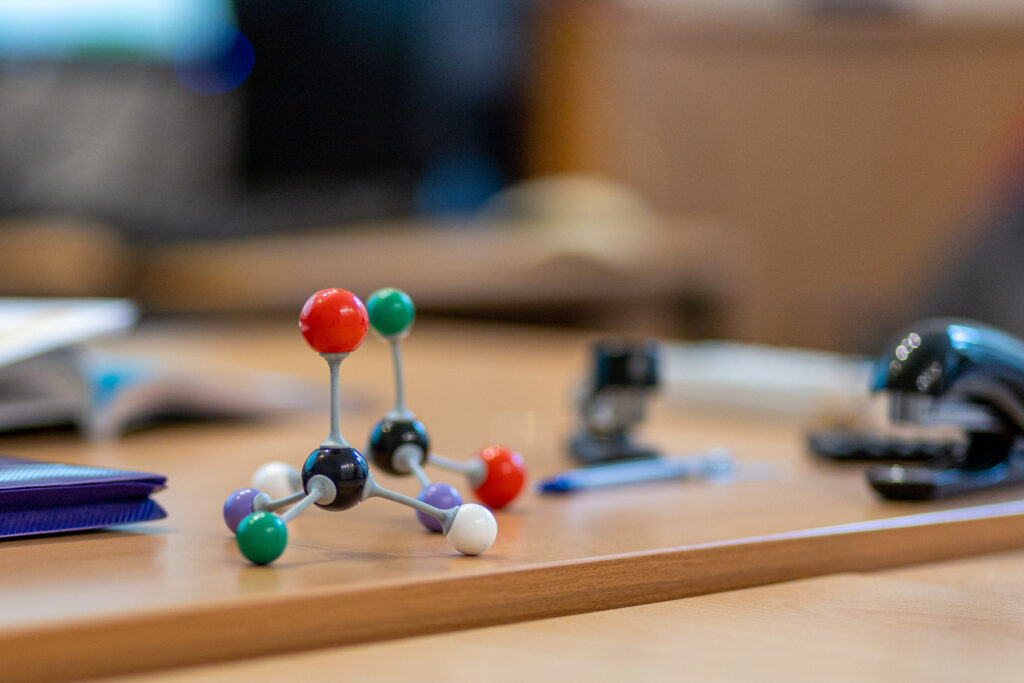
Physics
Physics: Edexcel (4PH1)
The Course
Physics is the study of why and how things work. In physics, the structure and motion of the material world is analysed in terms of fundamental laws, which allow its behaviour to be predicted. In this course students will be exploring many areas of physics, from mechanics to telecommunications, and there will be many opportunities to do practical work. Students are encouraged to ask questions and participate in class discussion in order to extend their understanding of the subject. The IGCSE builds a strong foundation for A level study.
P.S.H.E.
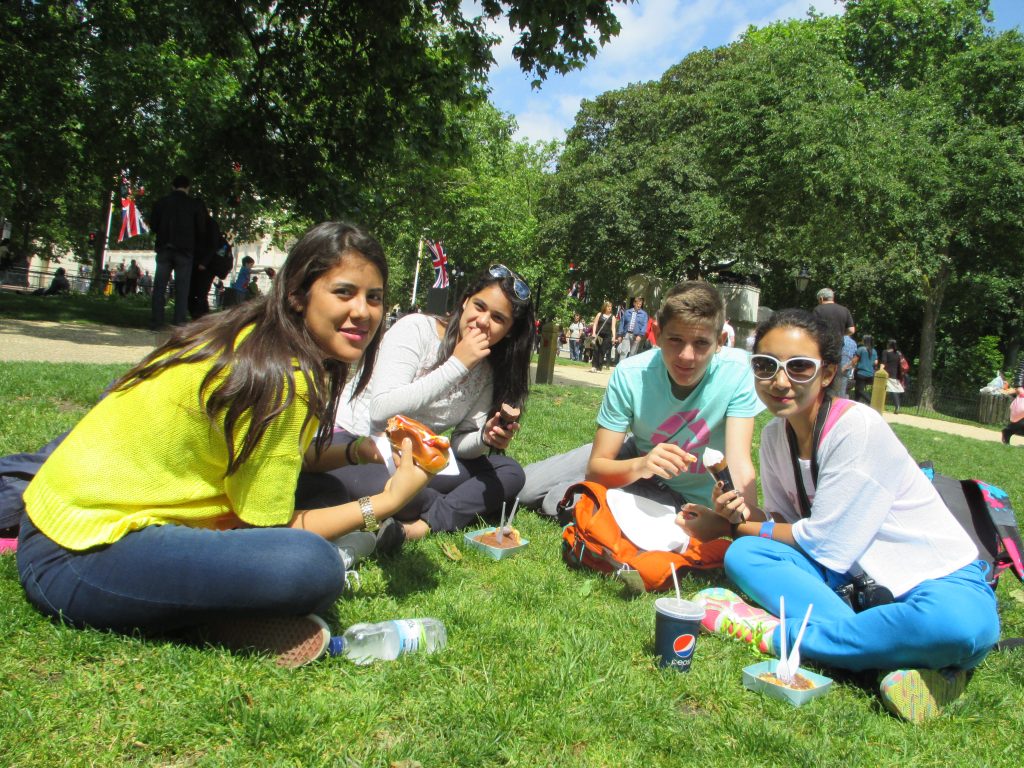
P.S.H.E.
This is for students of compulsory school age.
Personal, Social, Health and Economic (PSHE) education is a subject through which pupils develop the knowledge, skills and attributes they need to manage their lives, now and in the future. These skills and attributes help pupils to stay healthy, safe and prepare them for life and work in modern Britain. Relationships and sex education is also incorporated throughout the curriculum, with outside expert to provide support and guidance to students.
The intent of our PSHE curriculum is to deliver a curriculum which is accessible to all and ensures that each of our students will understand more about how to play a positive and successful role within our society. Our aim is to support students’ spiritual, moral, cultural, mental and physical development, prepare and equip them for the opportunities, responsibilities and experiences of life. Our aim is to provide students with a knowledge of their world, locally, nationally and globally and give them confidence to tackle many of the moral, social and cultural issues that they face as they grow up. We aim to provide our students with opportunities for them to learn about rights and responsibilities and appreciate what it means to be a member of a diverse society.
Psychology
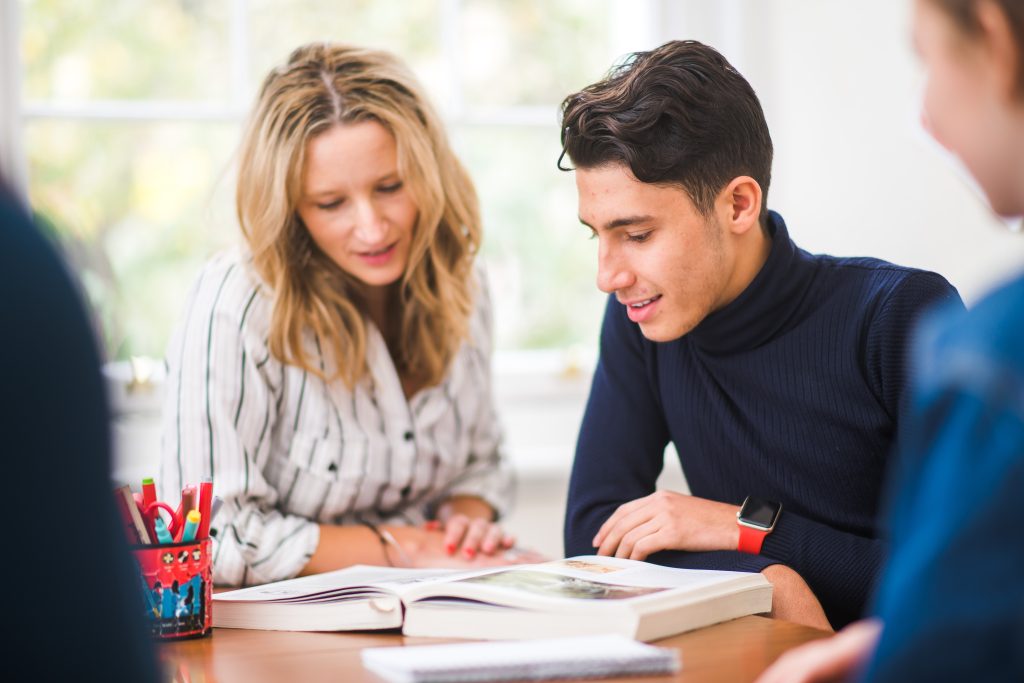
Psychology
Psychology: AQA
The Course
Psychology is the study of the mind and of behaviour. It is a diverse scientific discipline comprising several major branches of research. At Bath Academy, we deliver the AQA GCSE Psychology specification. This specification offers an engaging and comprehensive introduction to contemporary psychology topics. Our students learn the fundamentals of the science behind people’s behaviour and acquire an early understanding of how psychology can be used to improve quality of life. They have the opportunity to learn how to conduct practical work to test hypotheses, analyse evidence and arguments, and make informed judgements. All of these skills are valued by higher education institutions and employers.
Spanish
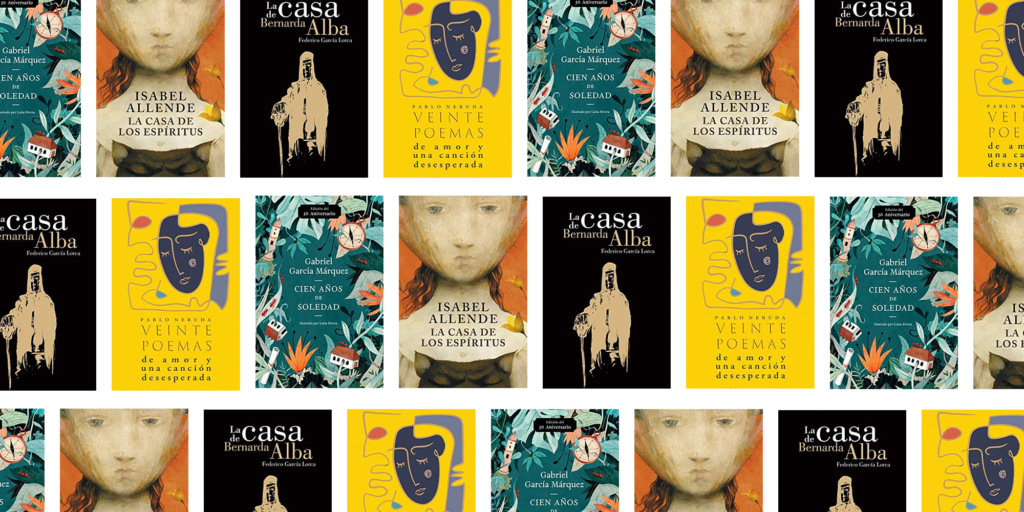
Spanish
Why should I choose to study Spanish?
With over 400 million native speakers in over 20 countries, Spanish is one of the most commonly spoken languages in the world. In the UK, it is also the fastest growing language to learn as a second language. By choosing to study Spanish at GCSE level you will access many future career and study opportunities that would not be open to you without a language. With Spain being the top tourist destination for British holiday makers (19 million British nationals travelled to Spain in 2018); Spanish is the natural choice for anyone wanting to study a language at Key Stage 4. When studying a language, not only do you study the words and grammar, you also develop an insight into the lifestyle and culture of other countries, helping you to develop skills to become a true global citizen.
What will I learn?
The GCSE course covers three distinct themes, which apply to all four GCSE Spanish examinations:
- Theme 1: Identity and Culture
- Theme 2: Local, national, international and global areas of interest
- Theme 3: Current and future study and employment
Sociology
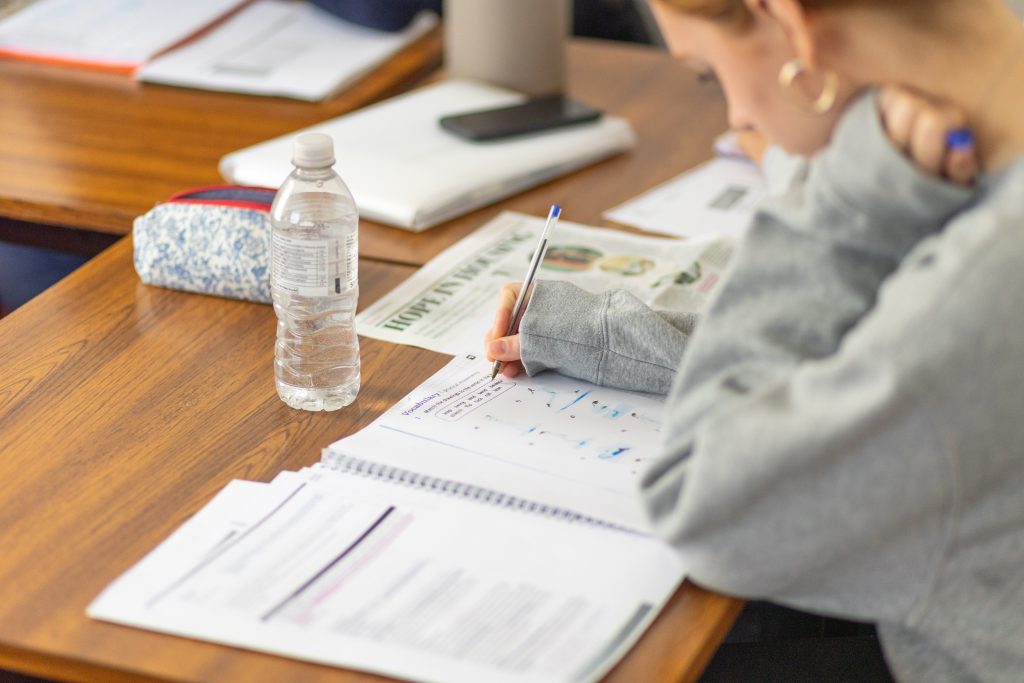
Sociology
GCSE Sociology AQA
The Course
Sociology is about your life and the world around you. It is a subject that you will have experience of and one that will help you understand many aspects of your future. You can bring your own life events and ideas into the classroom in a way you might not be able to with other subjects. Sociology seeks to understand all aspects of human social behaviour, including the social dynamics of small groups of people, large organisations, communities, institutions and even entire societies. Sociologists are typically motivated by their desire to better understand the fundamental principles of social life, believing that an understanding of these principles will help improve people’s lives through more enlightened and effective policies. Studying Sociology helps students to develop skills values by higher education and employers, including critical analysis, independent thinking and research.

